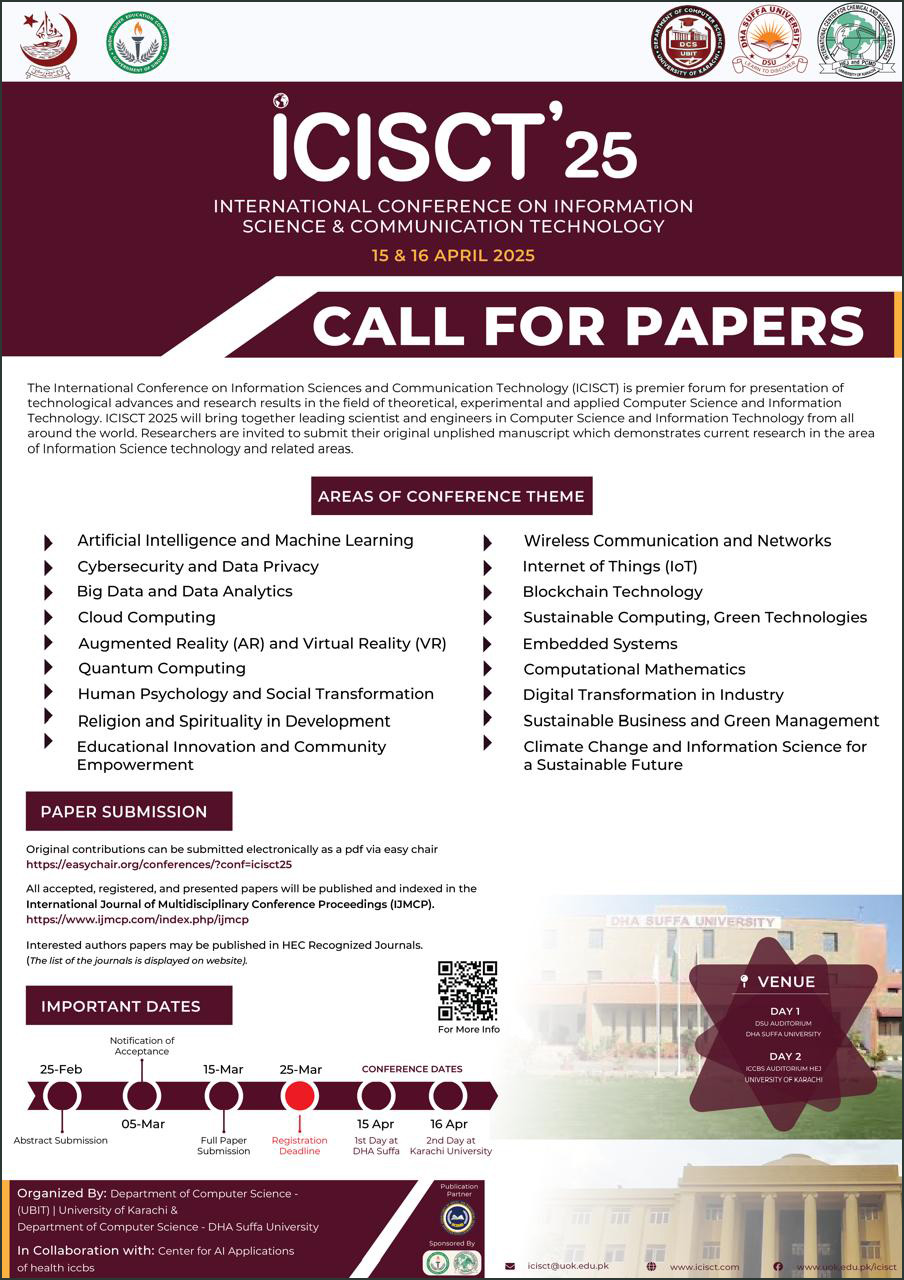Perceived Financial Transparency and Loyalty in the Islamic Banking Sector of Pakistan: Exploring the Role of Trust and Age
DOI:
https://doi.org/10.61503/cissmp.v3i2.160Keywords:
Perceived Financial Transparency of Islamic Banks, Perceived Trust, Loyalty with Islamic Banks, AgeAbstract
The banking sector is the backbone of the global economic system. Islamic banking has emerged as crucial for the economic sector of all developing as well as developed countries. Investment in Islamic avenues is based on the trust and perception of local consumers. This study examines the relationship between the Perceived Financial Transparency of Islamic Banks (PFT) and Loyalty with Islamic Banks (LB). Furthermore, the study examines the mediating role of perceived trust and the moderating role of age. Moreover, the moderated mediation role of age is examined between PFT and perceived value. Data was collected from the 424 consumers of Islamic banks working in Pakistan and was analyzed through PLS-SEM. Results of the study reported a significant and positive relationship between PFT and perceived trust. Similarly, results reported that perceived trust leads to loyalty. Moreover, in terms of mediation analysis results reported that perceived trust significantly mediates between PFT and brand loyalty. Additionally, the moderation results reported that age significantly moderates between PFT and perceived trust. This study will benefit the banks and policymakers to devise policies according to the changing demands of the customers. Moreover, it will encourage conventional bank customers to invest in Islamic banks and other Islamic investment avenues.
Downloads
Downloads
Published
Issue
Section
License
Copyright (c) 2024 Muhammad Akram, Nazakat Khan, Muhammad Naeem Anjum

This work is licensed under a Creative Commons Attribution-NonCommercial 4.0 International License.
Contemporary Issues in Social Sciences and Management Practices (CISSMP) licenses published works under a Creative Commons Attribution-NonCommercial (CC BY-NC) 4.0 license.









